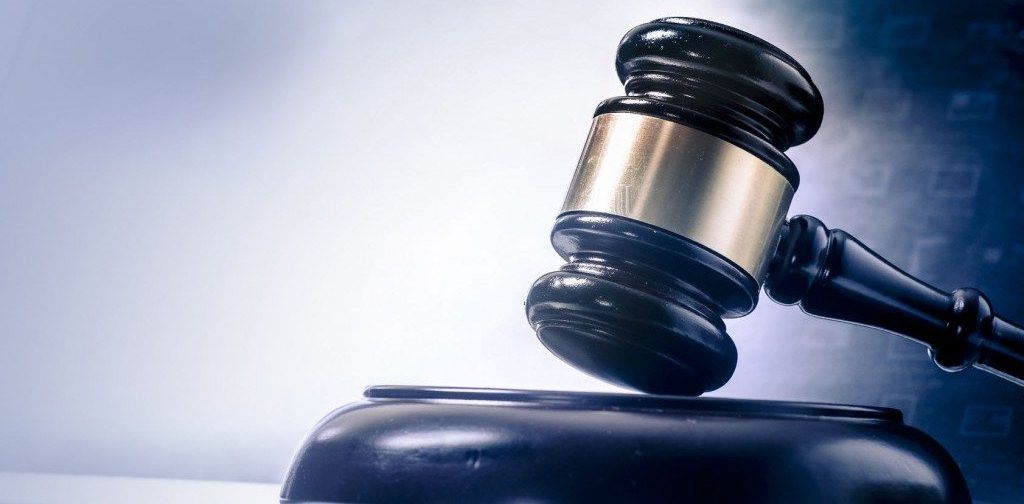Patients in Minnesota with autism or sleep apnea could start receiving medical marijuana on Wednesday, an expansion that could give the highly regulated market a small boost in MMJ demand.
But it’s unclear whether that expansion – announced by regulators last November – and recent market growth will be enough for the state’s two vertically integrated MMJ businesses to prosper.
Minnesota, which launched its MMJ market in 2015, has had one of the nation’s most restrictive programs, with a ban on flower and, initially, only a few qualifying medical conditions.
The program, however, has been steadily growing as more conditions have been added, including intractable pain in 2016 and post-traumatic stress disorder in 2017.
As of June 30, 2018, 10,738 patients were enrolled in the program, an increase of 4,554 from a year before, according to Minnesota Department of Health figures.
Two-thirds of those patients have been certified for intractable pain and another 16% for PTSD.
The Marijuana Business Factbook 2018 projects that Minnesota’s MMJ sales will reach $25 million-$30 million this year, up from an estimated $10 million-$20 million in 2017.
– Associated Press and Marijuana Business Daily




